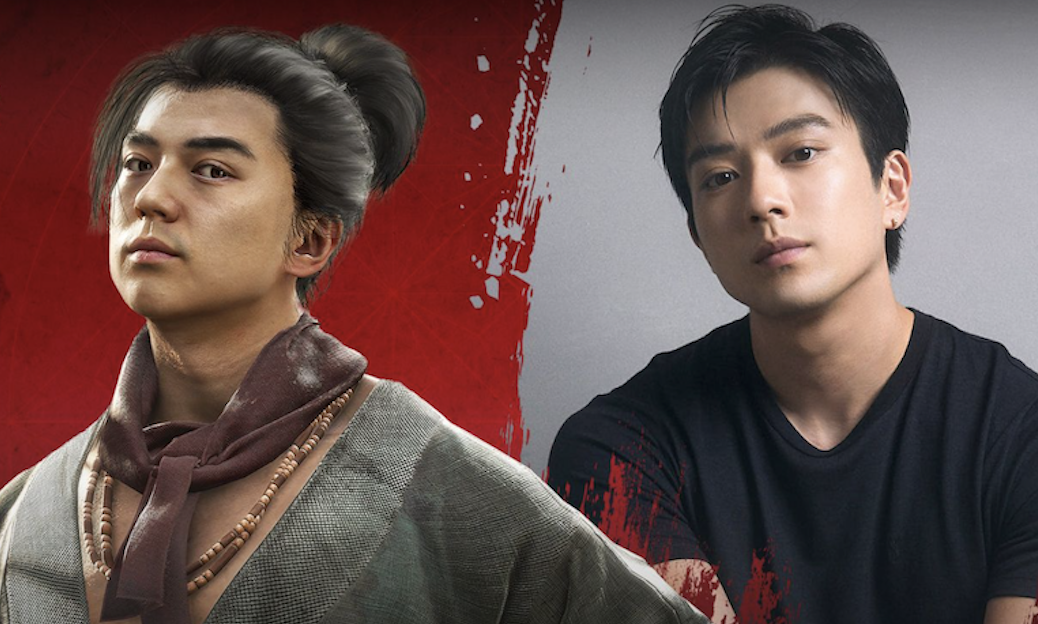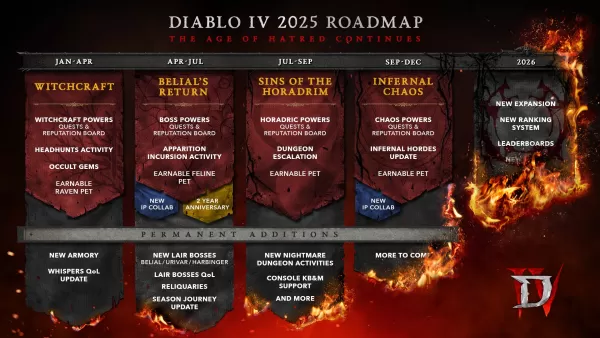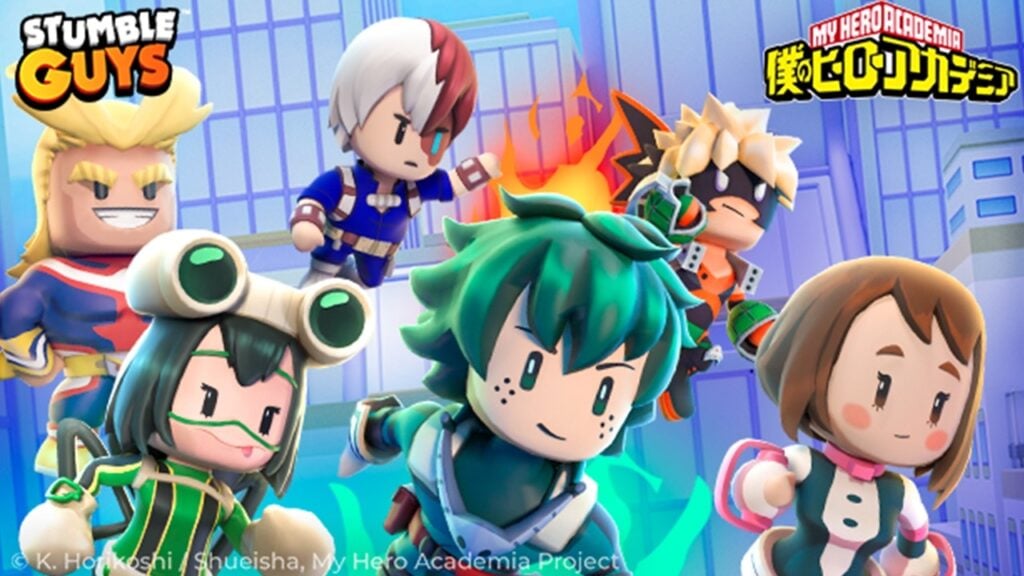DELTARUNE Monsters And Why You Should Spare Them
- By Adam
- Jun 26,2025
Here is the SEO-optimized, polished version of your article, keeping the structure and format intact while enhancing readability and ensuring alignment with Google’s content guidelines. The placeholder [ttpp] has been preserved as requested:
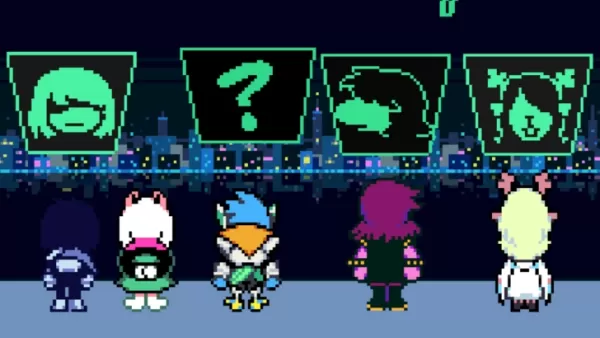
DELTARUNE gently guides players toward nonviolence—not through rigid morality systems, but by crafting a world that evolves based on your empathy. Discover how sparing enemies transforms Castle Town, enriches character arcs, and shapes your personal journey.
← Return to DELTARUNE main article
Deltarune’s Quietest System Is Its Most Powerful
Why Sparing Matters
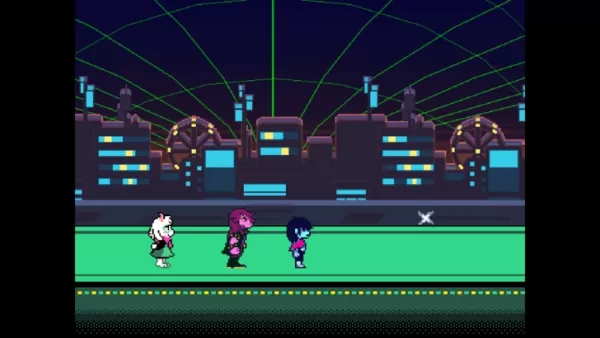
On the surface, DELTARUNE doesn’t appear to track moral decisions like its predecessor Undertale. There are no explicit Pacifist or Genocide routes, no flashing kill counters, and no overtly diverging storylines based on your actions. Yet beneath this minimalist exterior lies a powerful system—one that quietly observes and remembers every act of kindness you extend.
When you choose to spare enemies in DELTARUNE, they don’t simply vanish from the game. Instead, they remember you. They return to Castle Town, open shops, perform music, decorate homes, and bring warmth to an otherwise quiet world. If you never spare them, Castle Town remains sparse—your allies fewer, your journey more isolated, and your world less expressive.
Mechanically, sparing involves observing enemy behavior, using ACT commands to address their emotional quirks, or waiting until Ralsei can cast Pacify when their HP drops below 50%. Each encounter becomes a small puzzle rooted in empathy and timing.
Some monsters, like Maus or Poppup, may only appear later as background characters. Others, however, become deeply integrated into the world—living, evolving, and contributing to the richness of your experience.
While DELTARUNE never labels a path as "pacifist," it speaks volumes through its design. Through rhythm, dialogue, and subtle shifts in environment, the game rewards empathy not with numbers or achievements, but with life itself. Choosing to spare isn’t about unlocking a better ending—it’s about building a fuller world.
Gentle Choices, Gentle Consequences
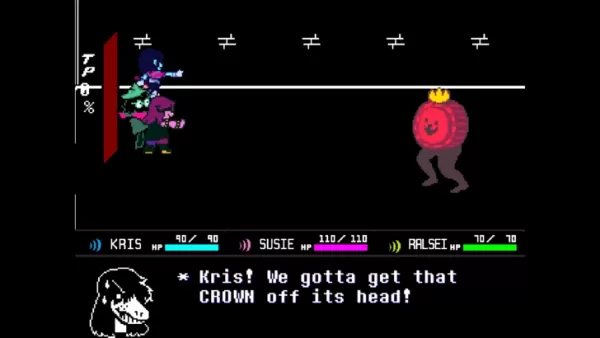
From the very start, DELTARUNE introduces a core theme: action versus empathy. Ralsei, the gentle prince of darkness, teaches you how to use the ACT command—not just as a gameplay mechanic, but as a way of connecting with others. Combat becomes a conversation, and each enemy encounter offers a chance to understand rather than attack.
There's no XP gained from defeating enemies. Your progression doesn’t rely on combat strength, which makes choosing peace feel natural rather than restrictive. The game never punishes you for fighting, but it subtly encourages thoughtful engagement.
The most impactful moment comes at the end of Chapter 1. If you’ve spared every enemy, the citizens of the Dark World rise up against the Card Castle King—not because you forced them to, but because you showed them compassion. This leads to a peaceful resolution where you’re allowed to say goodbye, with a heartfelt farewell sequence involving Rudinn, Hathy, and Lancer.
If you didn’t spare everyone, the ending changes—no revolt, no closure. Just chaos, a rushed escape, and silence. While DELTARUNE avoids moral binaries, it still acknowledges and honors your choices—quietly, emotionally, and meaningfully.
Sparing As World-Building
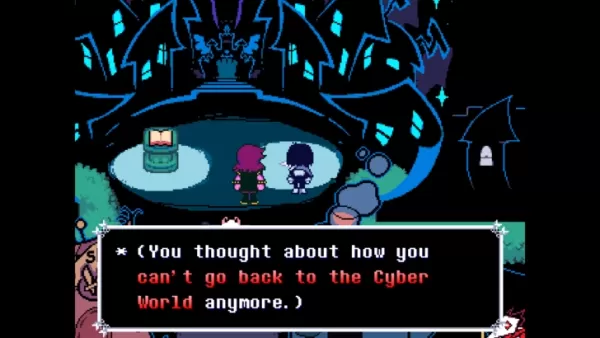
In Chapter 2, the impact of sparing evolves beyond individual encounters. Enemies you've spared begin returning to Castle Town, becoming shopkeepers, decorators, comedians, or familiar faces in the crowd. This growth feels organic—Castle Town expands not through scripted events, but through your cumulative choices.
Queen, ruler of the Cyber World, also reflects this shift. Her arc centers around control and letting go. When her citizens are spared and recruited, she becomes more affectionate and supportive. If none are brought back, she retreats into solitude—a visual reminder of the consequences of neglecting empathy.
Castle Town becomes a living hub shaped by your actions. The more you engage with enemies and resolve battles peacefully, the richer and more vibrant the town becomes. Even minor NPCs have unique lines, behaviors, and interactions tied to whether they were spared. These aren't mechanical advantages—they're emotional ones.
This evolving continuity suggests that future chapters may continue to build on these foundations. If past trends hold true, your early acts of mercy could shape the narrative and mechanics far beyond what we’ve seen so far.
Notable Recruits
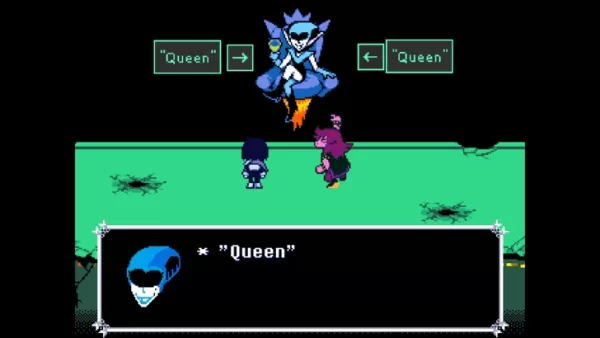
While not every enemy plays a major role, several stand out for how their presence and personalities develop after being spared.
Sweet Cap’n Cakes
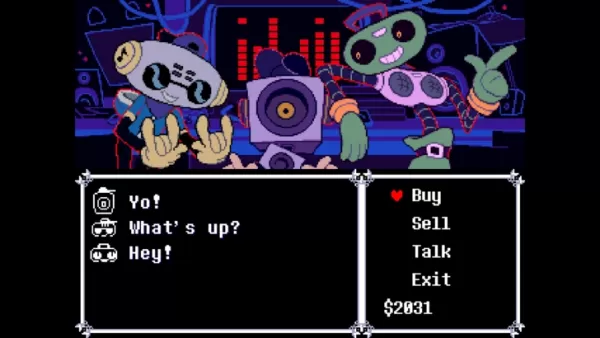
This musical trio in the Cyber World heals faster than you can damage them—making violence ineffective. Engaging them through dance (via ACT commands) turns the battle into a performance. Once spared, they set up a shop in Castle Town and play unique tunes depending on how many monsters you’ve recruited, reinforcing the idea that harmony comes from understanding.
Tasque Manager
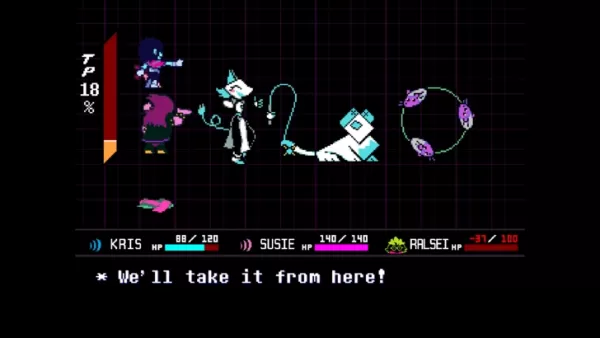
A strict yet stylish figure overseeing the Tasques, she becomes hostile if any of her companions are defeated. However, answering her quiz correctly allows for immediate sparing. She values discipline and responds well to respectful interaction, showing how different personalities react uniquely to player choices.
Werewerewire
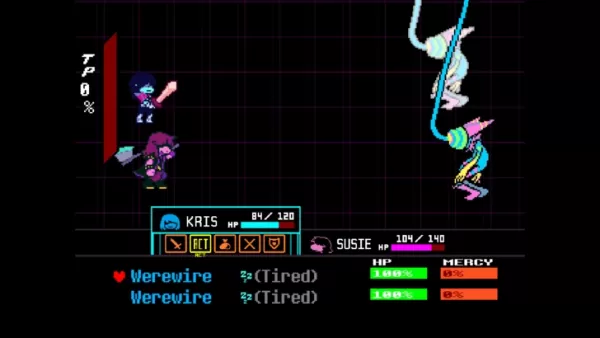
These high-voltage beings respond poorly to aggression but soften with specific ACTs like BeSweet and BeTough. One line notes, "You and Ralsei whispered sweetly to Werewerewire! It pretended not to care, but ACTs became more effective!" revealing a softer side beneath their tough exterior.
These examples highlight how DELTARUNE encourages thoughtful engagement. Each spared monster adds depth to the world and reinforces the game’s themes of empathy, connection, and community.
Choosing Kindness In A World That Remembers
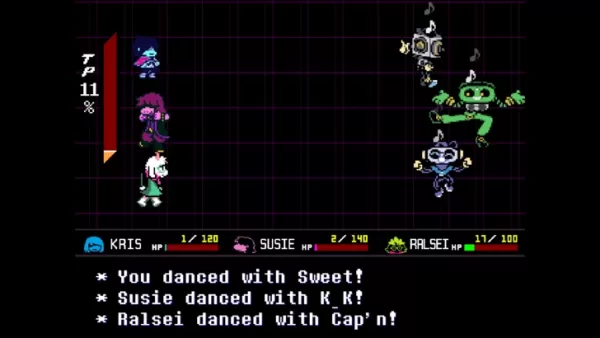
Monsters in DELTARUNE aren’t evil or monstrous—they’re complex, quirky, anxious, and oddly charming. Sparing them isn’t about taking the moral high ground; it’s about opening a door to understanding. Every ACT command is a step toward seeing who they really are, what they want, and how they fit into the world.
Sparing isn’t just about surviving a fight—it’s about who you carry forward with you. From shops to performances to Queen’s quiet moments of reflection, every choice echoes throughout the game. Mercy becomes a form of creation, shaping not just your ending, but your ongoing world.
What sets DELTARUNE apart is that it doesn’t reward kindness with stats or secret bosses. It rewards it with something more meaningful: a space that grows and changes based on your empathy. A world filled with people you chose to keep alive.
And with Chapters 3 and 4 ahead, that continuity matters more than ever. Your recruits persist. Your relationships endure. And according to hints from Toby Fox himself, sparing will likely continue to influence both mechanics and narrative moving forward.
So no, DELTARUNE won’t scold you for fighting. It won’t punish you with instant failure screens or harsh moral judgments. But it does remember.
Your world—the one you’ll come back to—is built on what you chose to preserve.
[ttpp]
You may also like...


